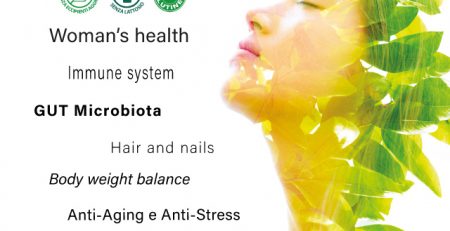BREATHING: THE KEY ROLE FOR HEALTH
Breathing is a physiological and natural process which guarantees the body the right supply of oxygen to the tissues and the disposal of carbon dioxide produced by cellular metabolism, a fundamental involuntary action which, if done well, in any activity we perform, stimulates the body to work better.
It has such a profound effect on our overall well-being, including the psychological one.
Acting on breathing correctly increases the quality of our life: in optimal breathing, it is only the stomach that swells during the act of inspiration, while only the thoracic form of breathing can prove harmful to health and be among the causes of the onset of various ailments and problems, e.g. on digestion, posture, back pain, neck and shoulder pain, also create circulation problems or excessive tension in the facial muscles.
Oxygen deficiency (hypoxia), given by a wrong way of breathing, causes an increase of acids in the body and brain damage which induces strong oxidative stress, a risk factor associated with premature aging, but also with other pathologies, such as atherosclerosis.
Generally, in full and deep breathing, the slow movements of the muscles involved in breathing have a calming action and promote excellent mental concentration: without breathing of this type it is very difficult to relax. At the same time, a stressed and anxious mind will produce breathing difficulties.
Furthermore, good breathing helps to decrease cortisol (the stress hormone) in our body, one of the worst enemies for health.
A high concentration of this hormone is also responsible for weight gain, blood pressure and blood cholesterol.
Therefore, diaphragmatic breathing allows the body to have full and total physiological functionality and substantial health benefits.











